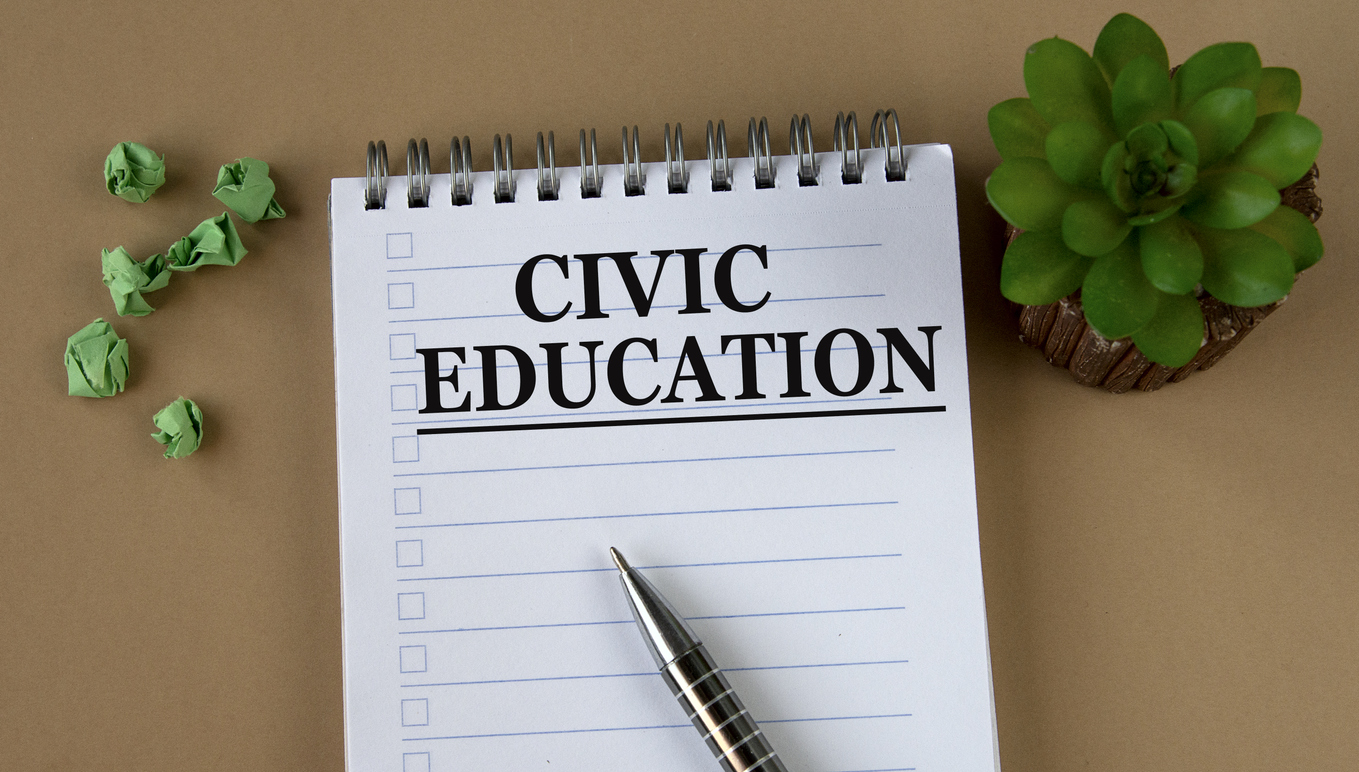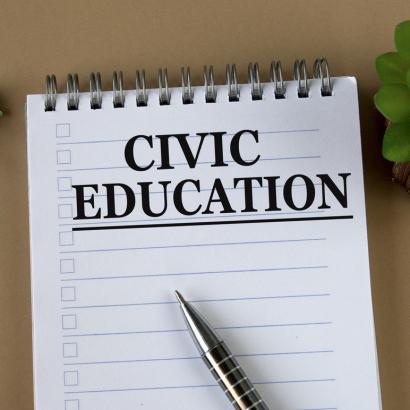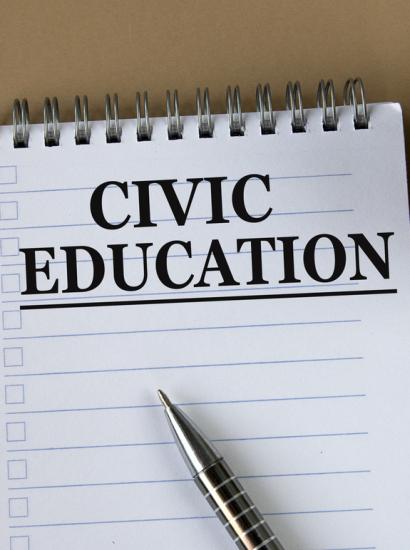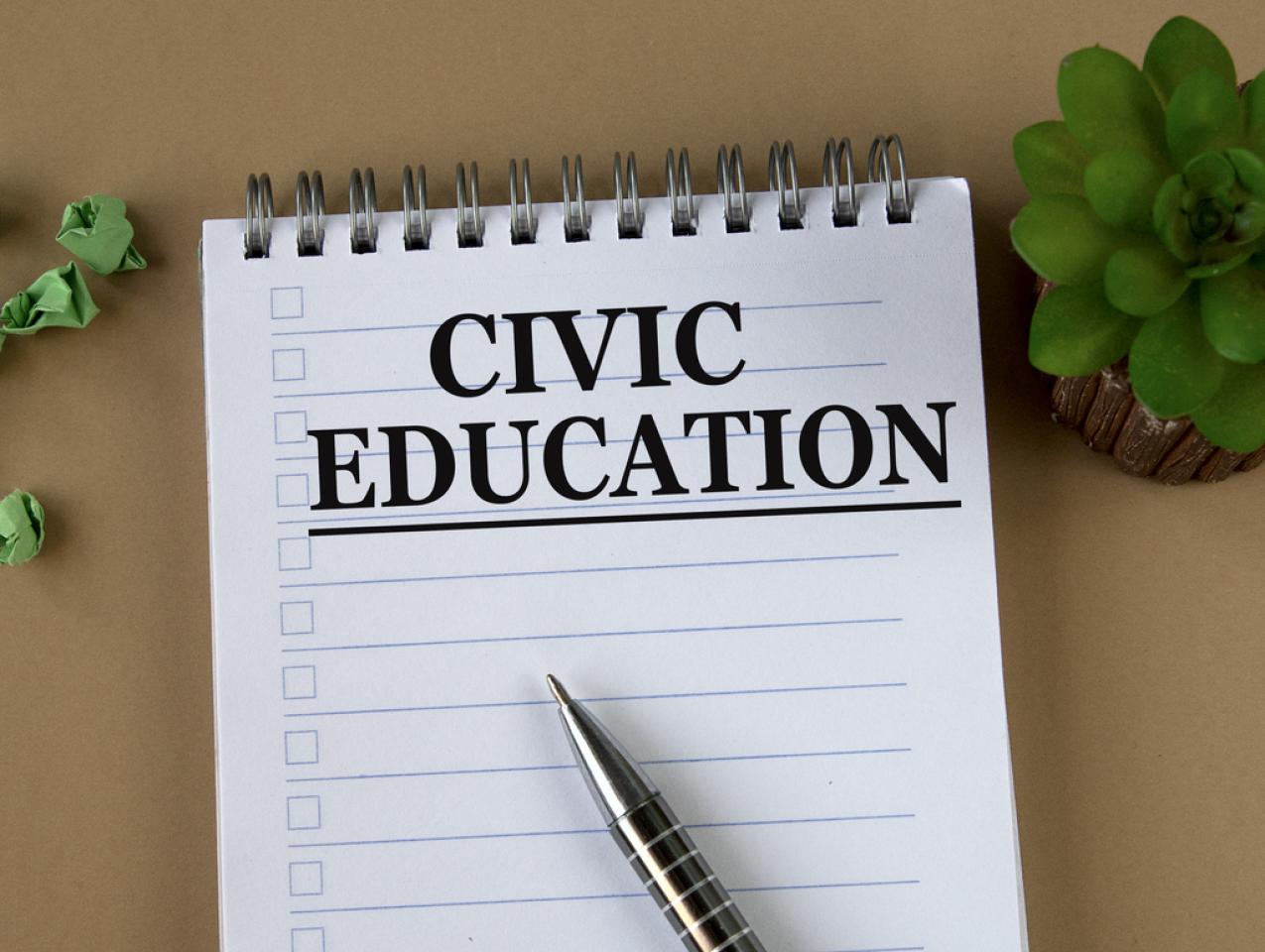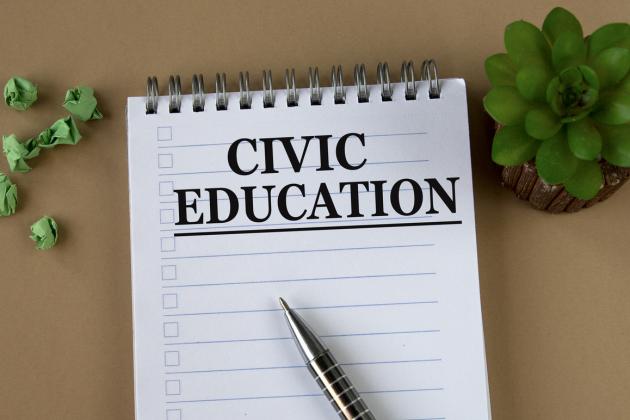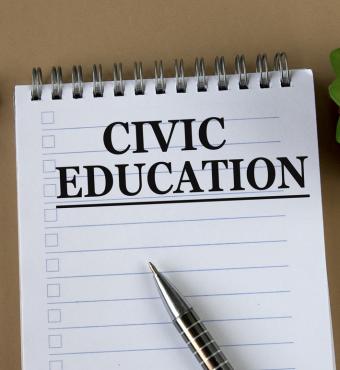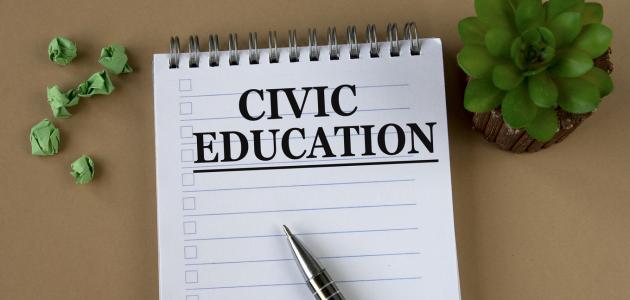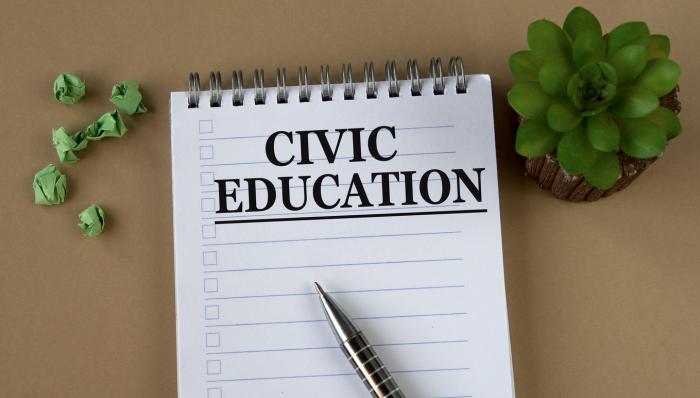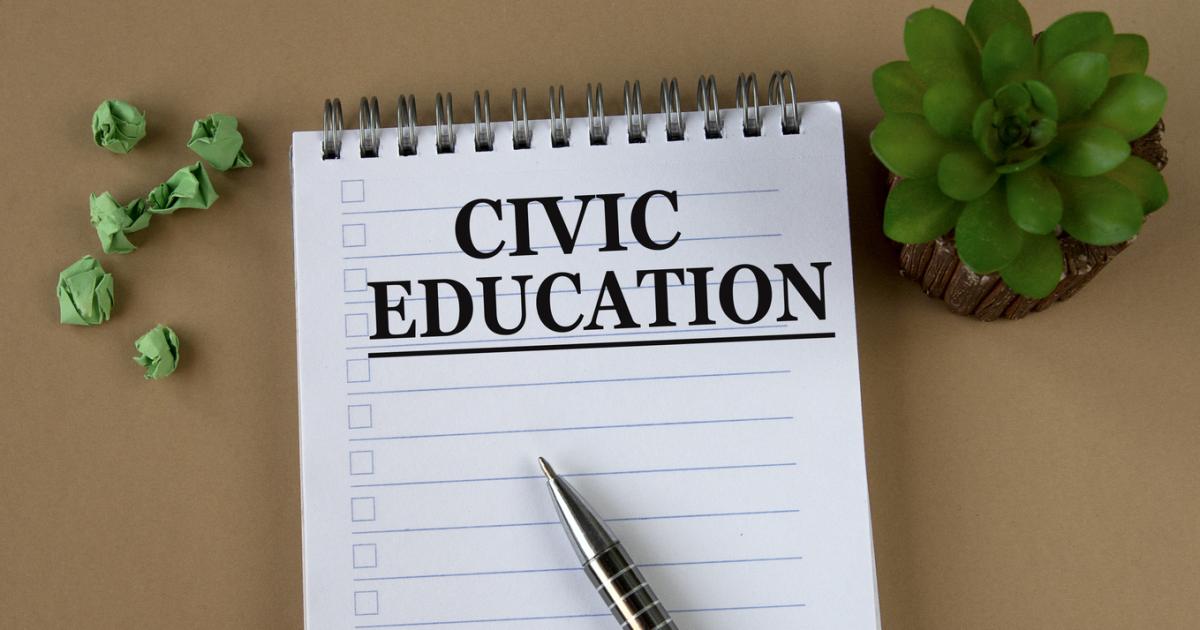1776 Unites
1776 Unites is a nonpartisan project of the Woodson Center led by African Americans with the intent to counter oppression narratives with messages of hope, resilience, and optimism.
Adams Presidential Center
The Adams Presidential Center is a cross-partisan panel of governmental, academic, and business leaders seeking to promote civic discourse, citizenship knowledge, and admiration for the nation.
Advanced Studies in Culture Institute
Founded in 1995 at the University of Virginia, the Institute is home base for professor James Davison Hunter, author of (among many works) The Death of Character: Moral Education in an Age without Good or Evil. It’s an interdisciplinary research center focused on studying the evolution of contemporary culture and creating leaders “in service to the common good.”
American Association for State and Local History
With 5,500 institutional and individual members, the AASLH advocates for state and local history and its relevance to the current state of the nation. Its current lead project revolves around the upcoming 250th anniversary of America in 2026.
American Enterprise Institute
The American Enterprise Institute is a multi-faceted think tank with numerous projects and scholars related to civics and citizenship.
American Revolution Institute
Part of the Society of the Cincinnati, the Institute preserves Revolution-era history, texts, manuscripts, arts, and artifacts as it seeks to reform history education and promote Revolutionary Era ideals and accomplishments.
Annenberg Public Policy Center at the University of Pennsylvania
A premier nonpartisan research institution that investigates and examines the challenges facing the three branches of government, the press, and the public schools. Constantly releases surveys and survey-based research findings about American responses to sociopolitical and citizenship life. In addition, it runs FactCheck.org to hold politicians accountable and heads the Civics Renewal Network, which provides civics education resources.
Ashbrook Center at Ashland University
Ashbrook runs nation-spanning programs for middle and high-school teachers to reinforce the history and founding principles of America. It also offers the Ashbrook Scholar Program for undergraduates, as well as a Master of Arts in American History and Government graduate degree program.
Bill of Rights Institute
Founded in 1999, this nonprofit “teaches civic education organization with a network of over 70,000 history and civics educators, thousands of classroom-ready history and civics resources and annual student and teacher programming.” It runs student programs and scholarship contests as well as provides development for educators all with a civic focus, both in regard to Constitutional principles and community life.
Campus Compact
Founded by Brown, Georgetown, and Stanford University, Campus Compact is a national organization dedicated to increasing civic engagement and community participation among faculty and students. They view colleges and universities as integral to building a diverse and robust democracy.
Center for Civic Education
A long-time federal grantee, CCE focuses on “promoting the principles of democracy” by fostering an “increased understanding of the institutions of constitutional democracy” among college students and promoting citizen skills by way of curricular materials, professional development of teachers and advocacy for civic education.
CIRCLE
Founded in 2001, the Center for Information & Research on Civic Learning and Engagement is focused on youth civic engagement in the United States. It researches youth participation in citizen and community life and focuses on enhancing this by addressing systemic barriers. It has been based at Tufts University’s Jonathan M. Tisch College of Civic Life since 2008.
Citizen University
A Seattle-based nonprofit that networks with civic organizations and leaders to reinvigorate community-oriented citizenship.
Citizenship and American Identity Program
This developing Aspen Institute program hosts public forums to discuss civic values and coalitions, facilitates workshops, and publishes a host of materials exploring how to promote a shared national identity. The materials and events are meant to provide instruction on the values, systems and skills necessary for good citizenship.
CIVIC
An organization with bipartisan experts that research and promote policy to raise high school graduation rates, expand national service, increase civic engagement and knowledge among other things. They partner with think tanks, foundations, nonprofits, corporations and elected officials, and network with many other civic organizations.
Civitas Institute at University of Texas at Austin
A community of scholars that researches and promotes the principles of a free society, individual rights, civic virtue, Constitutionalism, free speech, intellectual curiosity, and civil discourse.
Daniels Fund
Denver-based foundation, focused on four western states (Wyoming, Utah, Colorado, New Mexico) and a few national organizations, with increasing interest in civics and citizenship.
Edmond and Lily Safra Center for Ethics at Harvard University
Promotes civic attitudes and engagement among school and collegiate students through a wide variety of programs, including but not limited to, the Democracy Knowledge Project (civic education and curriculum provider for K-12 grades), the Intercollegiate Civil Disagreement Partnership and Fellows in Residence (for civic educators).
FixUS
A networking and research organization dedicated to identifying and addressing the core breakdowns in American civic life. Partners with polling firms such as YouGov and Ipsos, releases reports on data-based research and hosts get-together for leaders in civic re-engagement.
Hamilton Center at University of Florida
Develops UF students’ civic knowledge, critical thinking and citizen character.
iCivics
Founded by the late Justice Sandra Day O’Connor, ICivics is a leading influencer in the civic spaces that reach students across the nation. It offers interactive lessons and games in addition to curricular influence in the education sphere. In addition to coordinating the Roadmap to Educating for American Democracy, iCivics co-sponsors the annual Civic Education Week.
Institute for American Civics at the University of Tennessee’s Howard Baker School
Created in 2022 by state legislation, this Institute seeks to provide University of Tennessee students with civic education “on America’s founding principles, the economic and political institutions that maintain American democracy and the basics of civic engagement.” The mission of this institute is to foster “thoughtfulness, civility, and respect for opposing viewpoints in national discourse.”
Institute for Citizens and Scholars
Institute for Citizens and Scholars is dedicated to the civic education of young Americans by way of nationwide fellowships, online platforms, and partnerships with businessmen, policymakers, and presidents. It also focuses on providing resources and knowledge to educators, journalists and civics scholars.
Institute for Democracy and Higher Education at Tufts University
This Institute has engaged in a study of college and university students from over 1,200 campuses to measure civic engagement. While primarily focused on voting records, the IDHE is also working on a national database for university student civic learning and measures of community service.
James Madison Memorial Fellowship Foundation
Established in 1986 by Congress, the James Madison Memorial Foundation is dedicated to improving teaching about the U.S. Constitution in secondary school.
John Marshall Center for Constitutional History and Civics
Founded in 1987, the John Marshall Center educates Americans about constitutional history and civics and explores the legacy of Chief Justice John Marshall (1755–1835). The JMC joined the Virginia Museum of History & Culture as a signature study center on July 4, 2023. Its biggest upcoming event will center on the 250th anniversary in 2026.
More Perfect
An alliance of all 14 Presidential Centers, the American Academy of Arts and Sciences, the Corporation for Public Broadcasting, the Karsh Institute for Democracy at the University of Virginia, and more than 100 organizations that seek to advance five fundamental democracy goals: universal civic learning, national service & volunteering, bridging divides, a more representative and responsive government, and access to trusted news and information.
National Civic League
The National Civic League is perhaps the oldest civic-focused organization, with community work focused on youth education, local engagement, school curricula, civic research, and publications — including the quarterly National Civic Review.
Our Common Purpose
The bipartisan Commission on the Practice of Democratic Citizenship, a project of the American Academy of Arts and Sciences, was launched in 2018 in response to the increasing division in America. It released a 2020 report with 31 recommendations of reform to political institutions, investment in civil society, and transforming of the political culture. It has since held multiple events to advance these ideas and has issued a further report.
Reagan Institute Center for Civics, Education & Opportunity
Answering President Reagan’s call for “informed patriotism,” this Center leads summits that convene a broad array of educators to find common ground on policy.
Virginia 250: American Revolution
Virginia 250: American Revolution is leading the state’s efforts to commemorate the 250th anniversary of the Declaration of Independence.
Sandra Day O’Connor Institute for American Democracy
Founded in 2009 by its namesake Supreme Court justice, this institute promotes civic education through summer programs, college scholarships, an archive of Justice O’Connor’s judicial work, and a Constitution webcast series.






